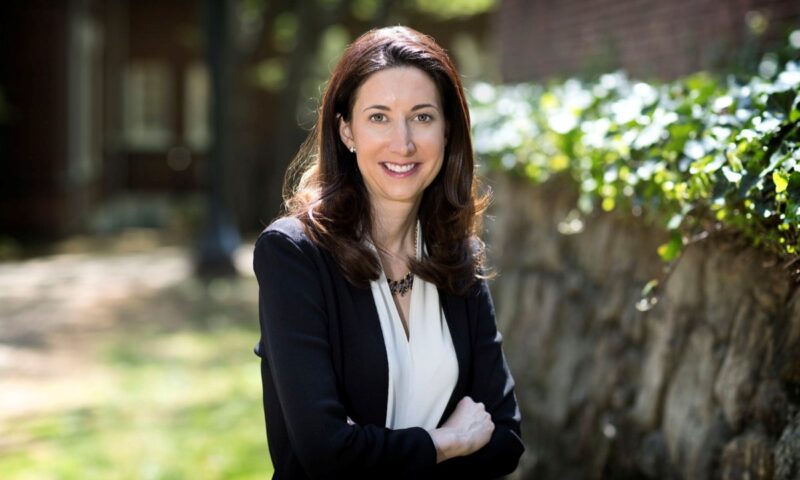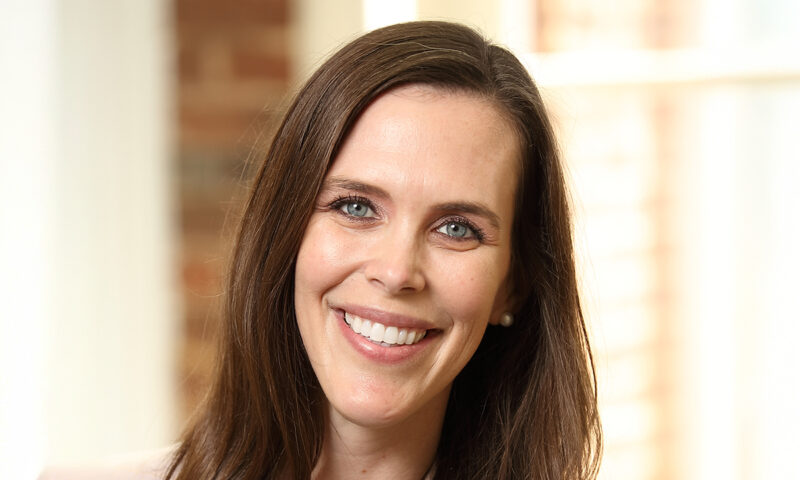Standing in front of her students, Susan Porter is confident that every one of them will rely on the concepts she is teaching at some point, no matter what field of business they enter.
Porter, an Associate Professor in the University of Virginia’s McIntire School of Commerce, teaches tax compliance, tax regulation, and other issues related to federal income taxation of individuals, corporations, and shareholders in the School’s M.S. in Accounting Program.
For example, her research at the moment is focused on how the COVID-19 pandemic affected the methods that states employed to collect revenue from taxes and examined a possible structural shift in which goods and services consumers purchased and how they purchased them. Understanding those shifts can help municipalities and other entities forecast tax revenue.
In her classes, Porter has had her students use data analytics to study the effects of tax reforms passed in 2018. Using the latest tax data from the Internal Revenue Service, students looked at how the new laws impacted companies and individuals, who was negatively affected, who benefited, and how behaviors changed.
“The idea behind that exercise is that you can look up and analyze a lot of what you see in the news,” Porter says. “That is one of the lessons I want them to realize—they can go and find data and verify what they are hearing. That is something that will serve them well in the future—learning to be skeptical about what they hear or read, verify, look at both sides, and think critically.”
Throughout Porter’s courses, students explore different scenarios business leaders might face and discuss how tax law would apply in each situation and how they would develop and present models to aid a company’s decision-making.
Often, Porter asks students in her executive education classes—where most students received their degrees in the last one to five years—what the most beneficial aspects of their education were and what they wish had been covered in more depth. This helps her identify topics and skills, such as mastering Excel and other accounting software, that have proven essential for graduates starting out in the industry.
Many of Porter’s students go on to careers in accounting and tax compliance, helping companies to grasp and comply with tax codes. However, even if they do not ultimately pursue accounting, all business leaders need a solid understanding of tax compliance and regulation, Porter believes.
“You do not make a finance decision without accounting for tax,” she says. “Anyone in business needs to have an understanding of how our tax system works.”
By the end of her courses, Porter wants her students to be able to look at a problem, strategy, or business idea and identify potential tax issues, even if they have never seen those issues before.
“When my students are sitting in a meeting one day and talking about a new transaction, they will need to be able to figure out if there will be a tax issue and have enough familiarity with tax law to be able to identify and understand how the law is applied so that they can meet with any applicable experts,” she says. “There are very few business deals that do not have tax implications.”



